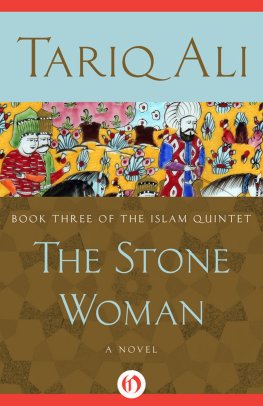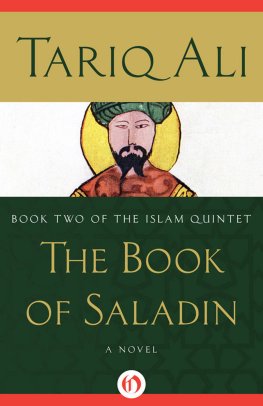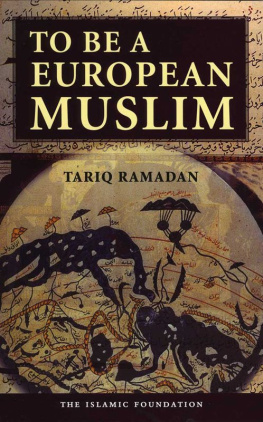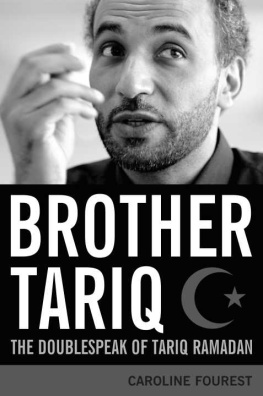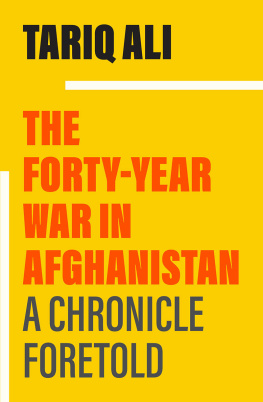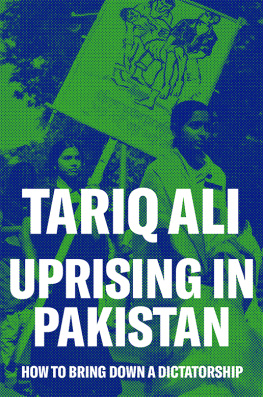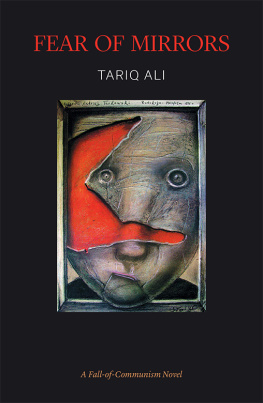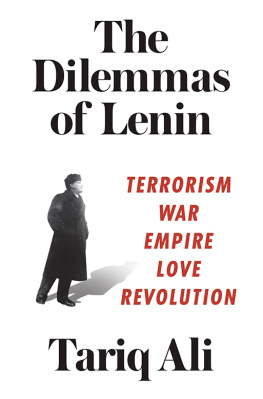ON HISTORY
ON HISTORY
Oliver Stone
and
Tariq Ali
in Conversation

Haymarket Books
Chicago, Illinois
2011 Tariq Ali and Oliver Stone
First published in 2011 by
Haymarket Books
P.O. Box 180165
Chicago, IL 60618
773-583-7884
www.haymarketbooks.org
Trade distribution:
In the US, Consortium Book Sales and Distribution, www.cbsd.com
In the UK, Turnaround Publisher Services, www.turnaround-uk.com
In Canada, Publishers Group Canada, www.pgcbooks.ca
In Australia, Palgrave Macmillan, www.palgravemacmillan.com.au
All other countries, Publishers Group Worldwide, www.pgw.com
ISBN: 978-1-60846-149-3
Cover design by Amy Balkin.
This book was published with the generous support of Lannan Foundation and the Wallace Global Fund.
Library of Congress Cataloging in Publication data is available.
10 9 8 7 6 5 4 3 2 1
Contents
In early 2009, I received a phone call from Paraguay. It was Oliver Stone. He had been reading Pirates of the Caribbean: Axis of Hope, my collection of essays on the changing politics of Latin America, and asked if I was familiar with his work. I was, especially the political films in which he challenged the fraudulent accounts of the war in Vietnam that had gained currency during the B-movie years of Reagans presidency.
Stone had actually fought in that war in the US Infantry, which made it difficult for others to pigeonhole him as a namby-pamby pacifist. Many of his detractors had avoided the draft and were now making up for it by proclaiming that the war could have been won, had the politicians not betrayed the generals. This enraged Stone, who detested the simplistic recipes now on offer in every aspect of American domestic and external politics. In the original Wall Street (1987), for instance, he had depicted the close links between crime and financialized capitalism that ultimately led to the crash of 2007.
The war in Vietnam played a large part in shaping Stones radical take on his own country. One of the film JFKs most striking scenes, almost ten minutes in length, portrays a talking-heads duo: Jim Garrison (Kevin Costner) and an unidentified military intelligence officer (Donald Sutherland) as they are walking by the Potomac River in Washington, DC, discussing who killed Kennedy. The Sutherland character links the presidents execution to his decision to withdraw US troops from Vietnam some months previously. For me, it istogether with the depiction of French officers calmly justifying torture in Gillo Pontecorvos classic Battle of Algiers and the Greek far-right plotting to kill the leftwing deputy Lambrakis in Costa-Gavrass Zone of the three finest scenes in political cinema.
A steady flow of jeremiads from critics on the left and the right denounced this particular scene in Stones JFK as pure fantasy. Later research, however, including the recently published biography of one of the Kennedy administrations leading hawks, McGeorge Bundy, has overwhelmingly vindicated his approach. Kennedy had indeed decided to pull out, largely on the advice of retired General Douglas MacArthur, who told him the war could never be won.
Stones refusal to accept establishment truths is the most important aspect of his filmography. He may get it wrong, but he always challenges imperial assumptions. That is why he traveled to Paraguay to talk to the new president therea defrocked bishop, weaned on liberation theology, who had succeeded in electorally toppling the long dictatorship of a single party. Fernando Lugo had become part of the new Bolivarian landscape, one that included Hugo Chvez in Venezuela, Evo Morales in Bolivia, and Rafael Correa in Ecuador, flanked by the Kirchners in Argentina, and defended, until his departure, by Lula in Brazil.
Stone asked whether we could meet to discuss his most ambitious project, a twelve-hour documentary series entitled The Untold History of the United States. A month later, we met up in Los Angeles. He explained why he felt this project was so necessary. There was a shocking lack of information in the country about its own past, he said, let alone the rest of the world. The receding memory of US citizens was not an accident. For decades now the kids are either being taught rubbish prepackaged as history modules or nothing, he told me. He regarded this television history as being, in some ways, his most important work. It would present a historical narrative of the United States and how it became an empire. He interviewed me on film for seven hours, with a few breaks for water (both drinking and passing). Some of my books were by his side, heavily underlined. It was a stimulating experience, devoid of melancholy or sentimentality on either side. He had a job to do, and got on with it. The result, with some cosmetic editing, is the book you have before you.
Until then, I had assumed that Stones recent tour of South America was for The Untold History, but this turned out not to be the case. Angered by the crude assaults on the new leaders by US television networks, as well as the print media (the New York Times was a serial offender), Stone had decided to offer the much traduced elected politicians a voice. But he and his producers, Robert Wilson and Fernando Sulichin, now felt the film had become too bogged down on US media terrain. They asked me to view a rough cut. It was a well-meaning but confusing effort. It simply did not work. Given the scorn Stones enemies were likely to heap on the film, regardless of its quality, it was best to reduce the number of hostages. Could it be rescued, Wilson wanted to know. I suggested that the existing structure be discarded. I also suggested the valuable archive and a few interviews that should be retained and reinserted in a new version.
In the new commentary that they asked me to write, I concentrated on the strengths of the footage Stone had amassed on his whirlwind two-week tour. This film, in sharp contradistinction to the mesmeric Comandante, Stones seventy-five-minute filmed interview with Fidel Castro, released in 2003, could be much more playful. The resulting documentary was South of the Border. The initial research and script were constructed by cowriter Mark Weisbrot and was reedited as a political road movie with a straightforward narrative. A radical and legendary Hollywood filmmaker, angered by what he is watching on his television screen, decides to hop on a plane. In moving and simple terms, the documentary states the case for the changes taking place in South America.
It does not set out to be an analytical, distanced, cold-blooded view of leaders desperate to free themselves from the stranglehold of the Big Brother up north. The film is sympathetic to their cause, which is essentially a cry for freedom, the interviews with the seven elected presidents forming its spinal cord. Chvez is given center stage because he was the pioneering leader of the radical social-democratic experiments currently under way in the continent, and his country has large oil reserves. If the film convinces people that Chvez is a democratically elected president and not the evil dictator depicted in much of the Western media, Stone said, we will have achieved our purpose.
Its a tall order these days, but nonetheless was worth a try. A typical gringo criticism of the documentary was that, in his voice-over, Stone cant even pronounce Chvezs name (he says Shah-vez, not Chah-vess). Interesting that this barely ruffles a feather in Latin America. A mispronunciation of a name is the least of their problems. I have yet to meet a gringo (friend or enemy) who can pronounce my name properly, but its not a reason to regard a person as intellectually impoverished.
Next page

